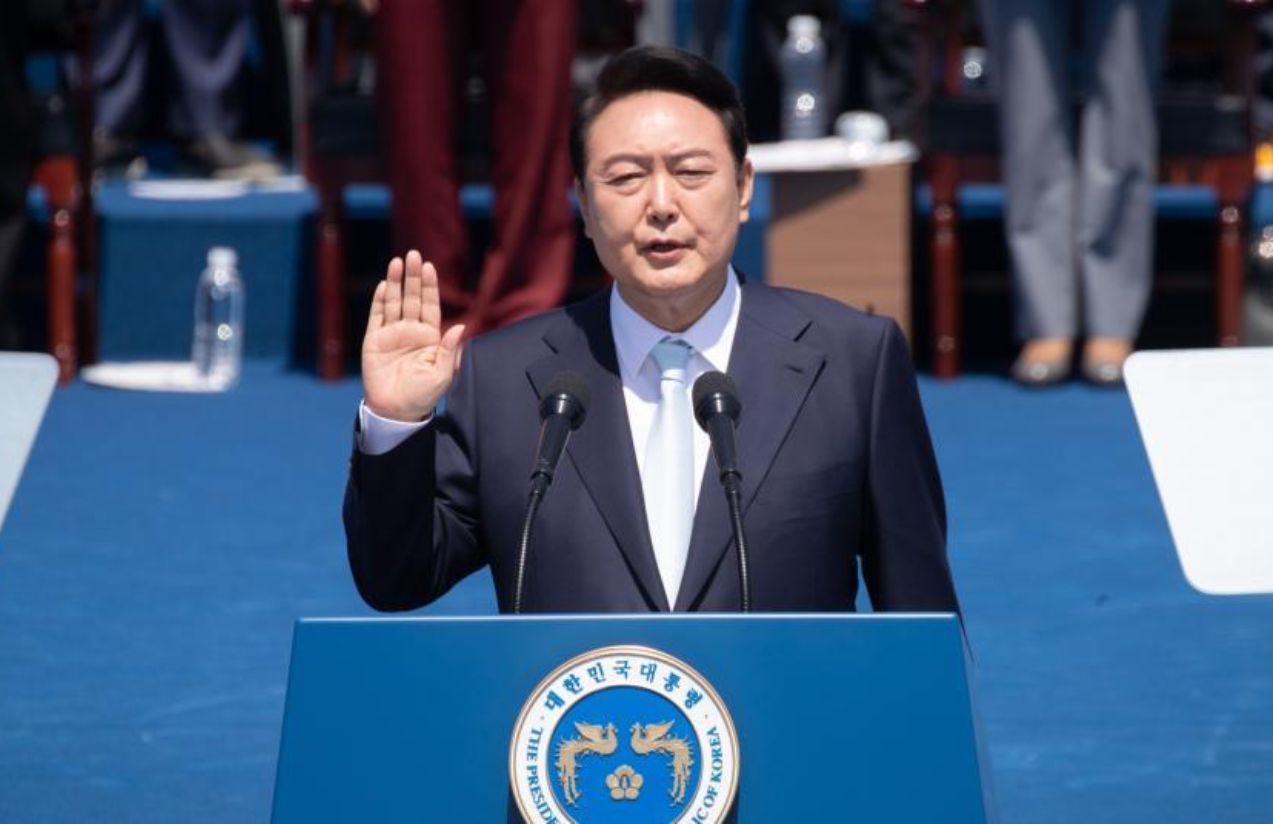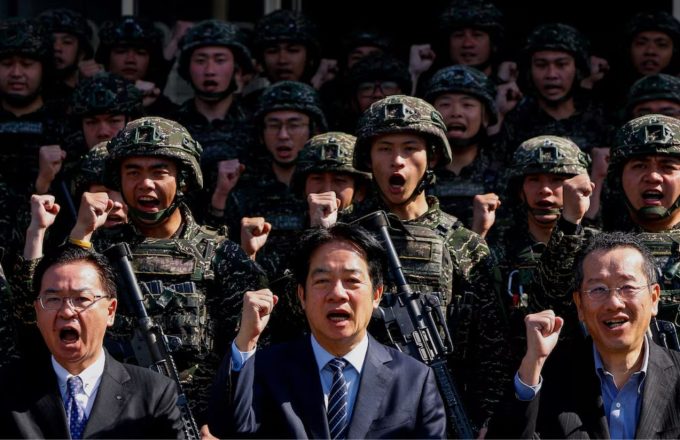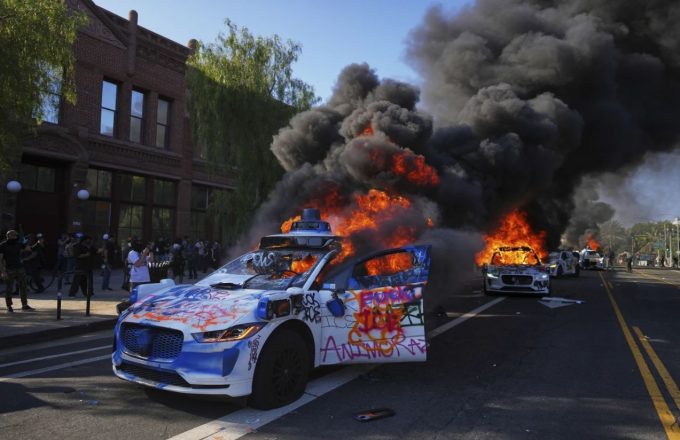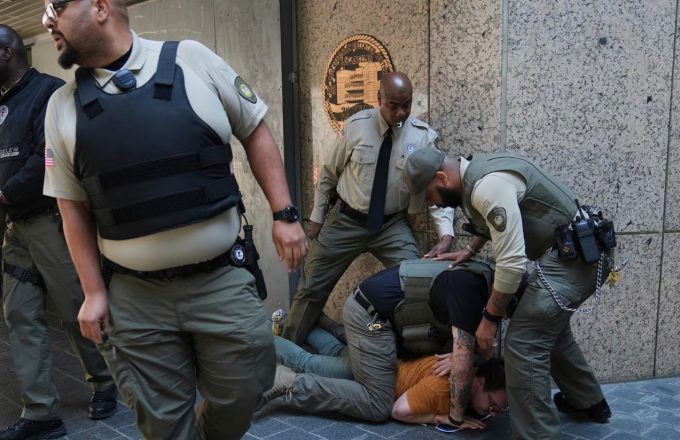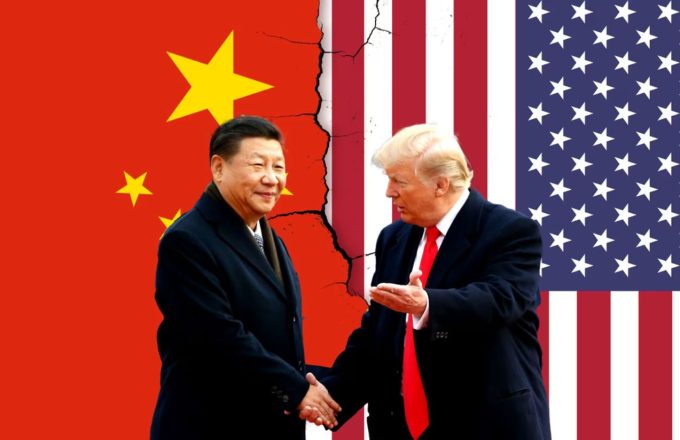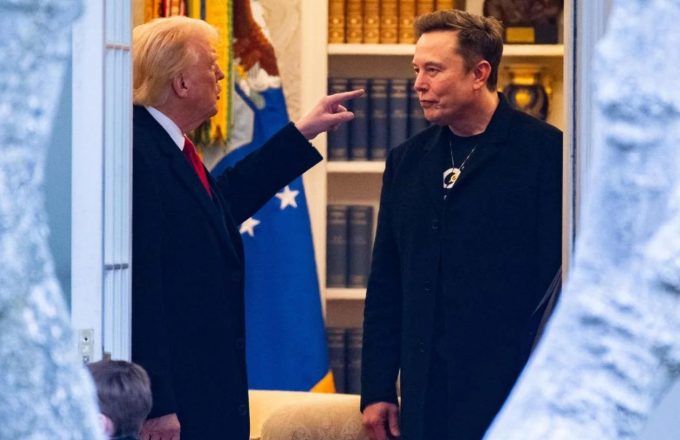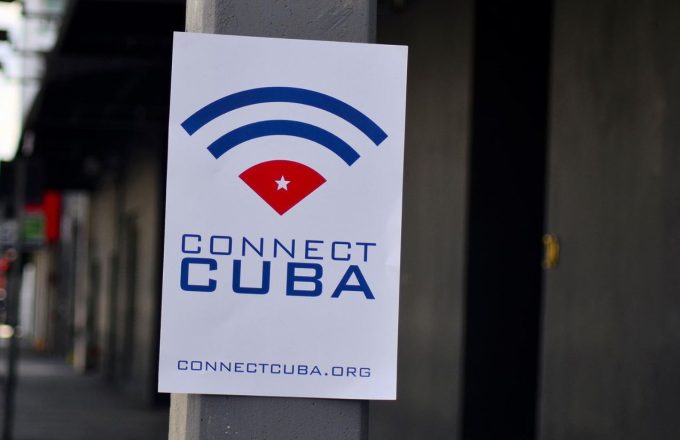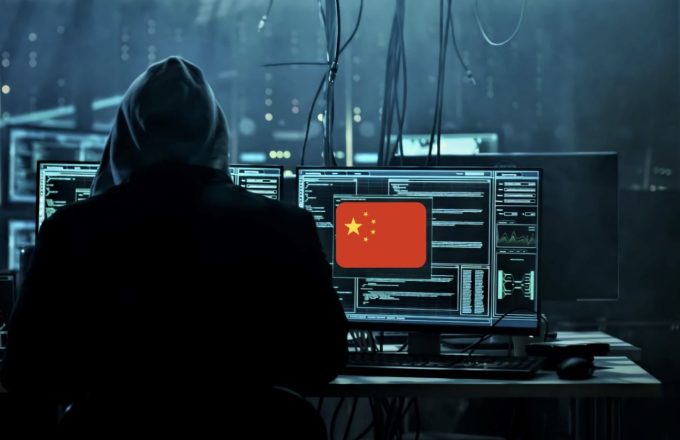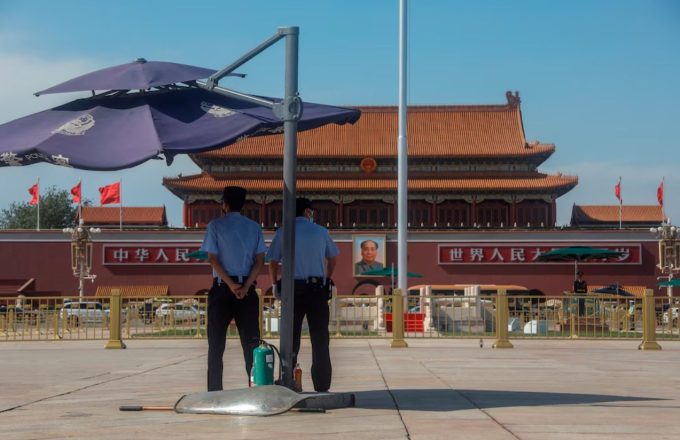South Korea’s Constitutional Court removed President Yoon Suk Yeol from office on Friday following his impeachment trial, bringing an abrupt end to his turbulent presidency just four months after he shocked the nation by declaring martial law and calling for new elections to replace him.
The unanimous ruling marked a dramatic downfall for Yoon, a 64-year-old former prosecutor who rose from political newcomer to president in just one year. In a nationally televised verdict, acting Chief Justice Moon Hyung-bae announced that all eight justices upheld the impeachment, ruling that Yoon’s martial law decree severely violated the Constitution and other laws.
“The defendant not only declared martial law but also breached the Constitution and laws by mobilizing military and police forces to obstruct the exercise of legislative authority,” Moon stated. “Ultimately, this declaration of martial law did not meet the substantive requirements for emergency enforcement.”
“The severe negative impact on the constitutional order and the significant consequences of the defendant’s violations lead us to conclude that upholding the Constitution by removing the defendant far outweighs any national losses from ousting a president,” the judge added.
The announcement of the verdict sparked celebrations at an anti-Yoon rally in central Seoul, where people erupted into tears of joy and danced in the streets. Two women embraced and wept, while an elderly man nearby jumped up and shouted in excitement. Later, the crowd marched through the city, with some protesters dressed as blue teddy bears, a mascot symbolizing the opposition’s colors.
Meanwhile, outside Yoon’s official residence, thousands of his supporters wept and screamed as they watched the news on a giant screen. They waved South Korean and U.S. flags while chanting slogans in his defense.
According to the law, a national election must be held within two months to elect a new president. However, the deep political divisions surrounding Yoon’s impeachment could complicate South Korea’s efforts to navigate President Donald Trump’s “America First” policies and North Korea’s growing ties with Russia, analysts warn.
In a statement released through his legal team, Yoon expressed deep regret for failing to meet public expectations but stopped short of explicitly accepting the verdict. Concerns persist that he may attempt to resist his removal, as he previously vowed to fight until the end.
Although martial law lasted only six hours, it triggered a political crisis, rattled financial markets, and raised alarms among South Korea’s diplomatic allies. In January, Yoon was separately arrested and charged with alleged rebellion in connection with his decree, a charge that could result in the death penalty or life imprisonment if convicted.
Under Yoon’s order—the first of its kind in more than 40 years—hundreds of soldiers were deployed to the National Assembly, election offices, and other key locations. Special forces stormed the National Assembly, breaking windows and clashing with citizens who had gathered to protest, shocking the South Korean public and reviving traumatic memories of past military rule.
Despite the crackdown, enough lawmakers—including some from Yoon’s own People Power Party—managed to enter the Assembly and unanimously overturned the martial law decree. While no major violence occurred during the brief period of martial law, several high-ranking military and police officials testified that Yoon had ordered them to forcibly remove lawmakers to prevent a vote on his decree or to arrest his political rivals. Yoon, however, claims that soldiers were deployed to the Assembly solely to maintain order.
On December 14, the opposition-controlled National Assembly impeached Yoon, accusing him of violating the Constitution and undermining national stability by suppressing legislative activities and attempting to detain politicians.
In his final testimony before the Constitutional Court, Yoon defended his decree as a desperate attempt to rally public support against what he called the “corruption” of the main liberal opposition, the Democratic Party. He accused them of obstructing his agenda, impeaching senior officials, and drastically cutting the government budget. Previously, he had labeled the National Assembly a “den of criminals” and “anti-state forces.”


